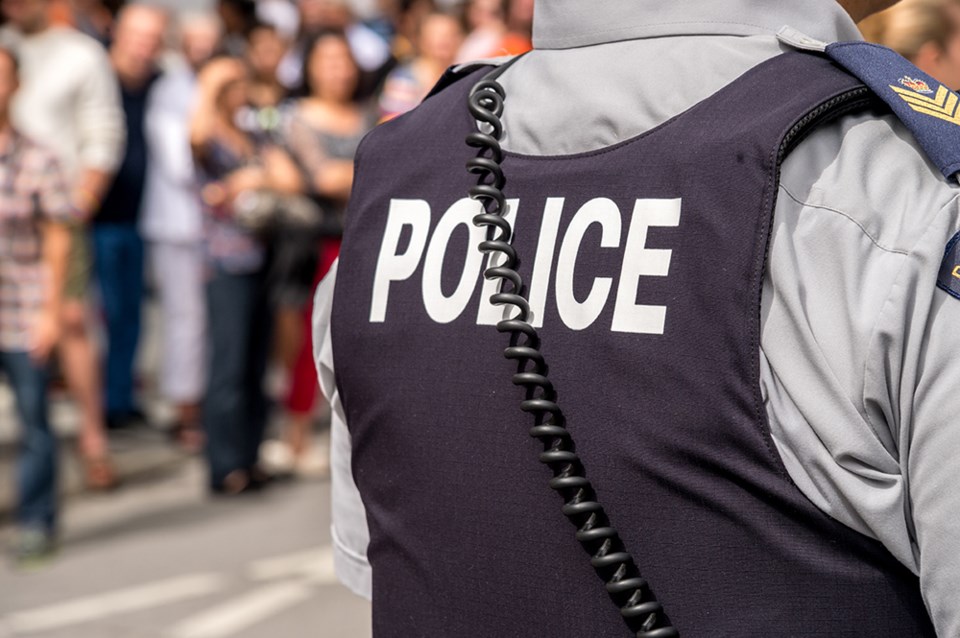RCMP members across the country, including the 71 in our region, have voted to unionize.
The National Police Federation announced July 15 that its 18,000 members and reservists would begin collective bargaining with the federal government following a 97 per cent vote in favour of unionizing.
This includes members in Squamish, Whistler, Bowen Island and Pemberton.
The Sea to Sky members include 30 in Squamish, 28 in Whistler, eight in Pemberton, three on Bowen Island and two Sea to Sky provincial positions.
“We were not surprised by this announcement and are anticipating RCMP unionization in the future," Mayor Karen Elliott told The Chief in an email. "How this specifically impacts Squamish would depend on the outcome of what is bargained, though we would expect that any wage increases would directly impact our policing costs."
In 2018, policing costs were budgeted at $5.76 million and 2019 policing costs were budgeted at $5.97 million, according to the District.
The march toward organizing a union has been on since 2015 when the Supreme Court of Canada found a rule prohibiting Mounties from collective bargaining was unconstitutional.
It will take some time for the fledgling union to get up and running, but one of the main bargaining points will be pay disparity with municipal police, said Brian Sauvé, co-chair of the federation.
A first-class constable from North Vancouver would be paid about $14,000 per year less than a Vancouver colleague of similar rank, Sauvé said.
“That’s kind of consistent across the Lower Mainland,” he said. “How much overtime do you have to work to make up that shortfall in order to provide quality of life for your family and how does that impact your work-life balance?”
In 2017, members of the North Vancouver RCMP staged a protest over low wages by reporting for duty in pants lacking the traditional yellow stripe down the leg.
Staffing levels are also a concern, Sauvé said, with RCMP members routinely having to come in early or stay late to file paperwork. And some members are also forced to transfer every five years, which makes the force less desirable.
Unionizing will likely mean the cost of policing will go up, though there is no predicting by how much, Sauvé acknowledged.
“It is an expense. There is no ifs, ands, or buts. Public safety comes at a cost,” he said. “But what do the citizens want? Do they want to attract the most qualified candidates? Do they want to retain those with experience? Or are they willing to pick those who go to the RCMP because they didn’t get hired by Toronto, Vancouver, OPP, Delta or New West?”
And, Sauvé added, the federal government subsidizes 10 per cent of the policing costs for municipalities with RCMP contracts.



